Journalism can become the center of the cultural industry.
Giving comments on the draft Law on Press (amended) in the discussion session on October 23, delegate Bui Hoai Son ( Hanoi City Delegation) emphasized that the draft Law not only creates a legal framework for press activities, but also paves the way for the press to develop as a modern cultural industry.
According to the delegate, today's press is not only an ideological tool and forum for the people, but also a creative product with cultural and economic value, closely linked with other cultural industries such as music, cinema, advertising, publishing, radio and television.
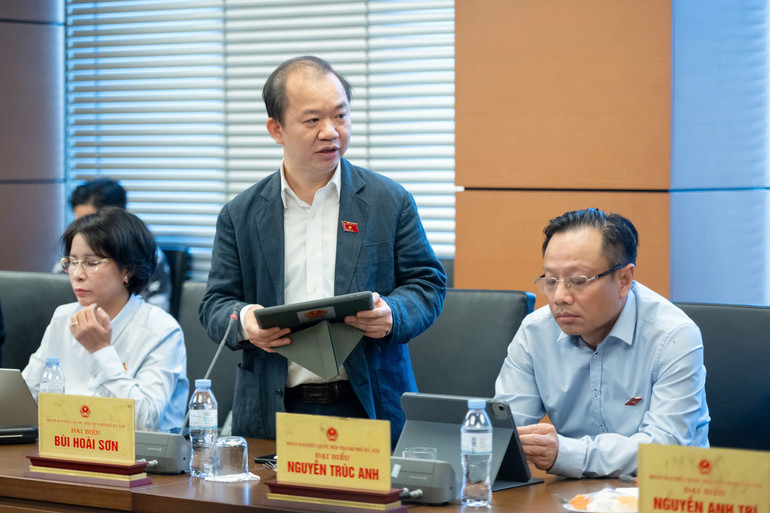
"When the press is placed in the cultural industrial ecosystem, we can create a large value-added chain that both serves political tasks and contributes to economic growth and promotes the national image. Practice shows that the press can completely become the nucleus of large-scale cultural and creative events," delegate Bui Hoai Son emphasized.
The delegate mentioned that VTV had successfully organized the music festivals V Concert - Radiant Vietnam and V Fest - Radiant Youth at the Vietnam Exhibition Center, which were not only performance events but also cultural and media products that spread strongly on both television and digital platforms.
In particular, the national concert event "Fatherland in the Heart" organized by Nhan Dan Newspaper at My Dinh Stadium gathered tens of thousands of spectators, both affirming the role of revolutionary journalism in inspiring patriotism and opening a new model for the press to participate in developing the performance industry.
"These events demonstrate that journalism, when combined with modern technology, performing arts and the media market, can become the center of the cultural industry," said delegate Bui Hoai Son.
From that reality, delegates recommended that the draft Law on Press (amended) needs to supplement clearer mechanisms and policies so that the press can operate as a cultural industry: from financial mechanisms based on ordering and bidding for public tasks, to allowing cooperation with domestic and foreign organizations and enterprises; from policies to promote innovation in the spirit of Resolution No. 57-NQ/TW, applying digital technology, artificial intelligence and big data, to expanding foreign press, developing multilingualism in the spirit of Resolution No. 59-NQ/TW, helping Vietnamese press reach out to the world...
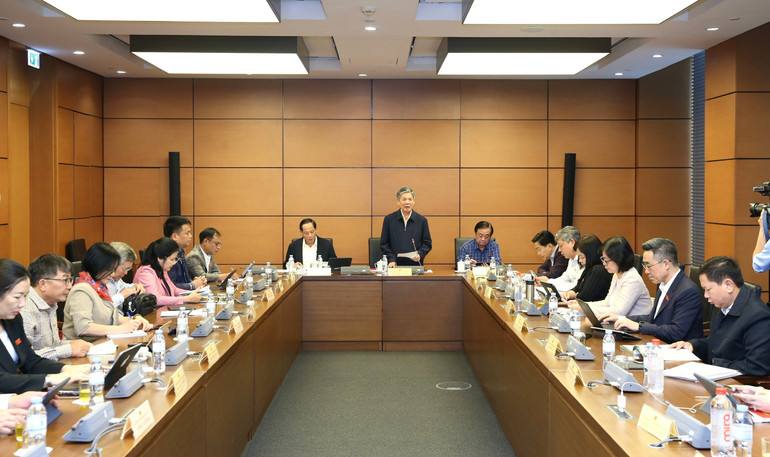
Regarding press management decentralization, the draft Law stipulates that the provincial People's Committee is responsible for state management of local press. However, delegate Bui Hoai Son said that it is necessary to clarify the authority and coordination responsibility of the provincial People's Committee in managing representative offices and resident reporters of central press.
In addition, it is necessary to study and expand the authority of localities in licensing certain publications, supplements, and columns; at the same time, strengthen the responsibility of inspecting and supervising press activities at the local level. This will help the press to be closely connected with people's lives, accurately reflect reality, and at the same time reduce the burden on central management agencies.
Regarding the press economic model, according to delegate Bui Hoai Son, in the context of our country not having private press, it is necessary to emphasize the mechanism of ordering, bidding for public tasks and public investment with focus linked to the "3 easy" press technical economic standards: easy to understand, easy to apply, easy to implement. This will be an important resource to help the press perform well its political tasks, especially in remote areas, islands, and foreign affairs.
At the same time, the delegate also said that the Law should also expand the legal framework for forms of association, socialization, public-private partnership in the press, with breakthrough preferential policies on tax, land, credit access, etc. for press agencies, including with associated partners when organizing cultural events, community activities, etc. Along with that is a strict control mechanism to avoid commercialization, deviating from the principles and purposes.
Consider keeping the regulation on granting press cards to people working at Science Magazines
Participating in giving opinions to complete the draft Law on Press (amended), delegate Le Nhat Thanh (Hanoi City Delegation) was interested in the content of revoking press operation licenses stipulated in Clause 1, Article 20.
According to the draft, if a press agency has a press license but does not operate, the license will expire. Regarding this content, to ensure transparency, delegate Thanh proposed to clarify how long a press agency has a press license but does not operate before the license expires.
In addition, to save time, resources, and reduce unnecessary administrative procedures, it is necessary to study and supplement the principled regulations on cases where, although a press agency has a press operation license, it is not operating due to objective reasons (the press agency must temporarily suspend operations for a short period due to organizational restructuring, etc.), or due to force majeure (epidemics, etc.), then the period of temporary suspension of operations is not considered the basis for determining the expiration of the press operation license.
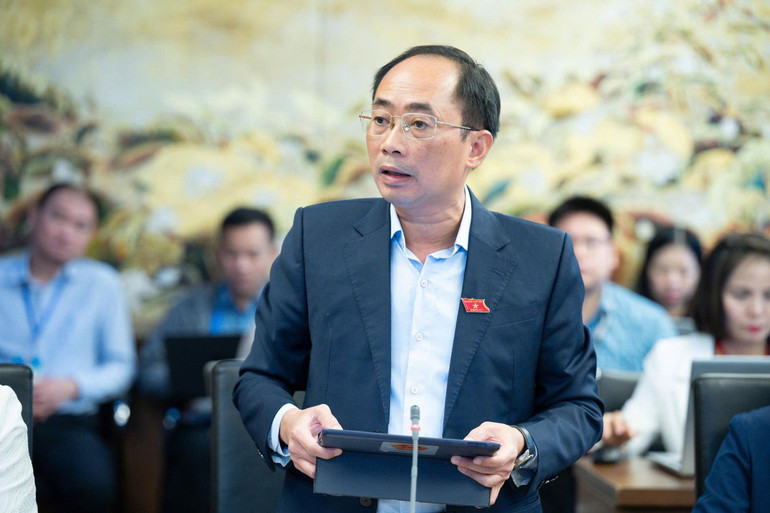
Regarding the issuance, exchange and revocation of press cards, the draft Law stipulates the subjects eligible for press card issuance, which does not include those working at scientific journals (Point e, Clause 1, Article 29). This is a change compared to the current Press Law 2016.
The regulation that does not grant press cards to those working at scientific journals means that these people are not journalists and do not have the rights and obligations of journalists (Article 28, Clause 1 of the draft Law stipulates: “A journalist is a person who engages in press activities and is granted a press card”). Delegate Le Nhat Thanh said that the above provision of the draft Law needs to be further considered in a number of aspects.
Firstly, practice shows that journalists working at scientific journals still participate in the process of collecting, processing, analyzing information and have the task of transmitting knowledge to the public. Not being granted a press card easily creates inequality between those working at scientific journals and journals in other fields (economics, culture, tourism, etc.) and makes it difficult for those working at scientific journals to access and exploit information.
Nowadays, there are many scientific journals that not only publish scientific research results but also provide information on scientific and technological activities, criticize policies and connect scientific and technological knowledge with the public, businesses and managers.
In addition, Clause 2, Article 3 of the draft Law stipulates: "Journalistic activities are activities of creating journalistic works, journalistic products, information products of a journalistic nature..."; Clause 16, Article 3 stipulates: "Scientific journals are journalistic products published periodically to announce scientific research results and information on specialized scientific activities".
"Thus, it can be seen that the content of the draft Law itself shows that Scientific Magazines are journalistic products and therefore the activities of those working at Scientific Magazines - creating the content of Scientific Magazines - must be considered journalistic activities," the delegate analyzed.
For the above reasons, delegate Le Nhat Thanh suggested that the drafting agency should further study and evaluate the amendment plan; consider continuing to maintain the regulation on granting press cards to people working at scientific magazines as in the current Press Law.
Source: https://nhandan.vn/can-bo-sung-co-che-ro-rang-hon-de-bao-chi-duoc-van-hanh-nhu-mot-nganh-cong-nghiep-van-hoa-post917541.html


![[Photo] Prime Minister Pham Minh Chinh meets with South African President Matamela Cyril Ramaphosa](https://vphoto.vietnam.vn/thumb/1200x675/vietnam/resource/IMAGE/2025/10/23/1761226081024_dsc-9845-jpg.webp)



![[Photo] Prime Minister Pham Minh Chinh chairs meeting on railway projects](https://vphoto.vietnam.vn/thumb/1200x675/vietnam/resource/IMAGE/2025/10/23/1761206277171_dsc-9703-jpg.webp)
![[Photo] President Luong Cuong holds talks with South African President Matamela Cyril Ramaphosa](https://vphoto.vietnam.vn/thumb/1200x675/vietnam/resource/IMAGE/2025/10/23/1761221878741_ndo_br_1-8416-jpg.webp)
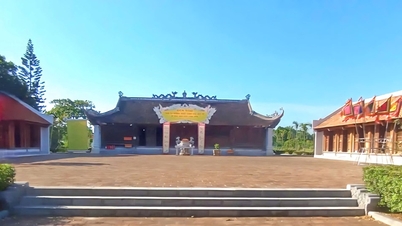

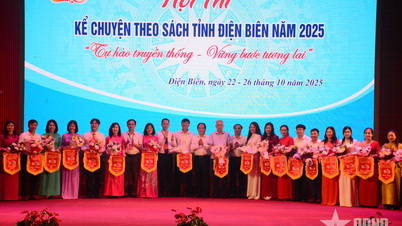

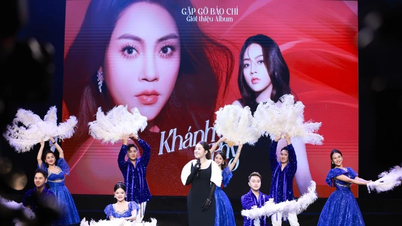
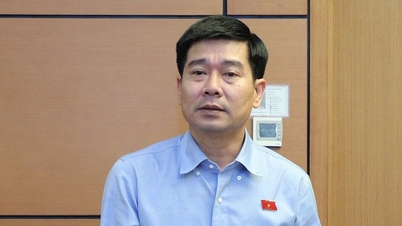

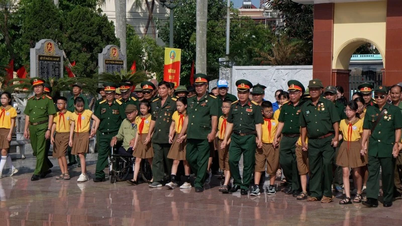





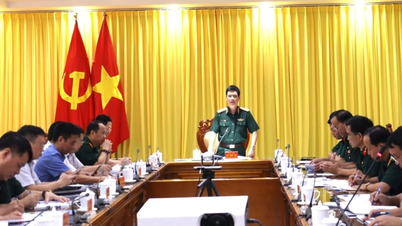
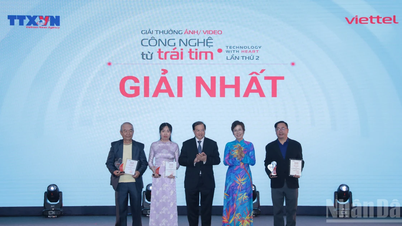
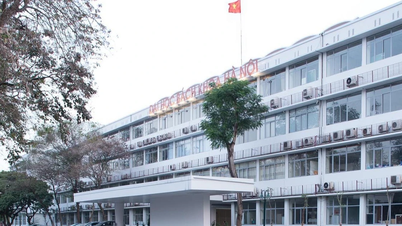
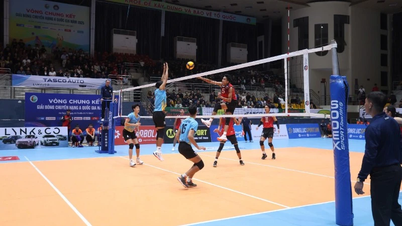
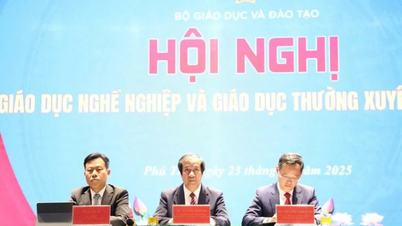
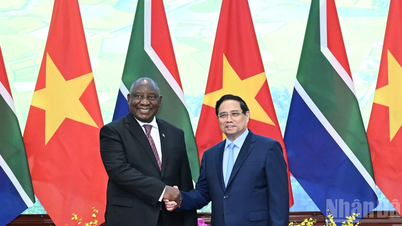



































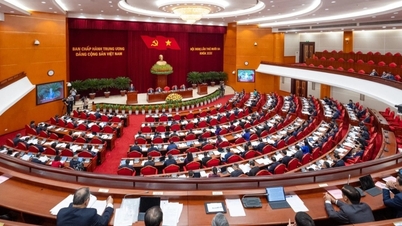
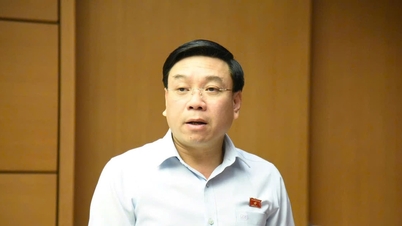





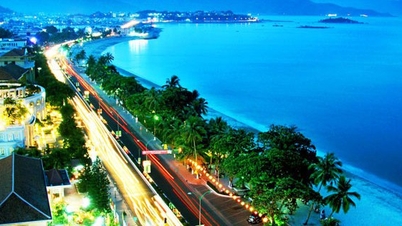
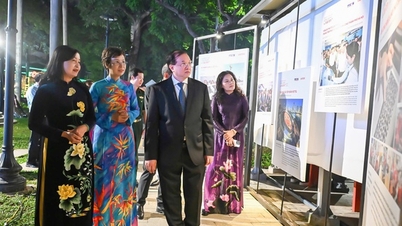



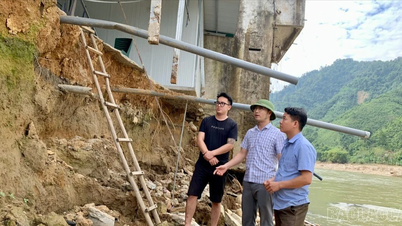

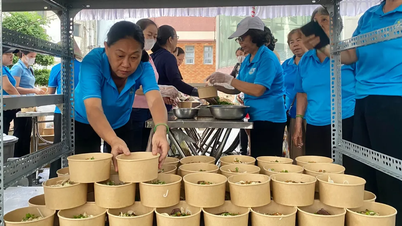

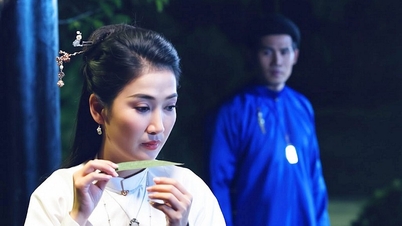

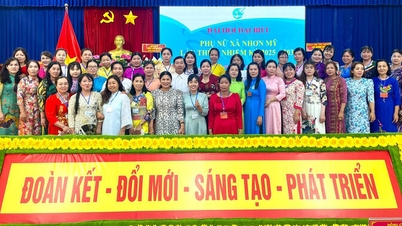

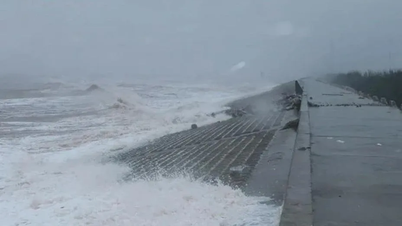













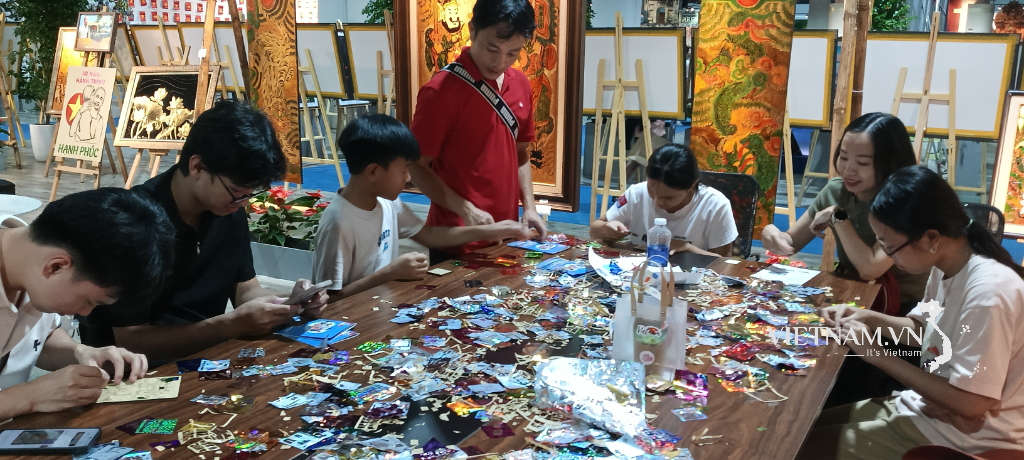


Comment (0)